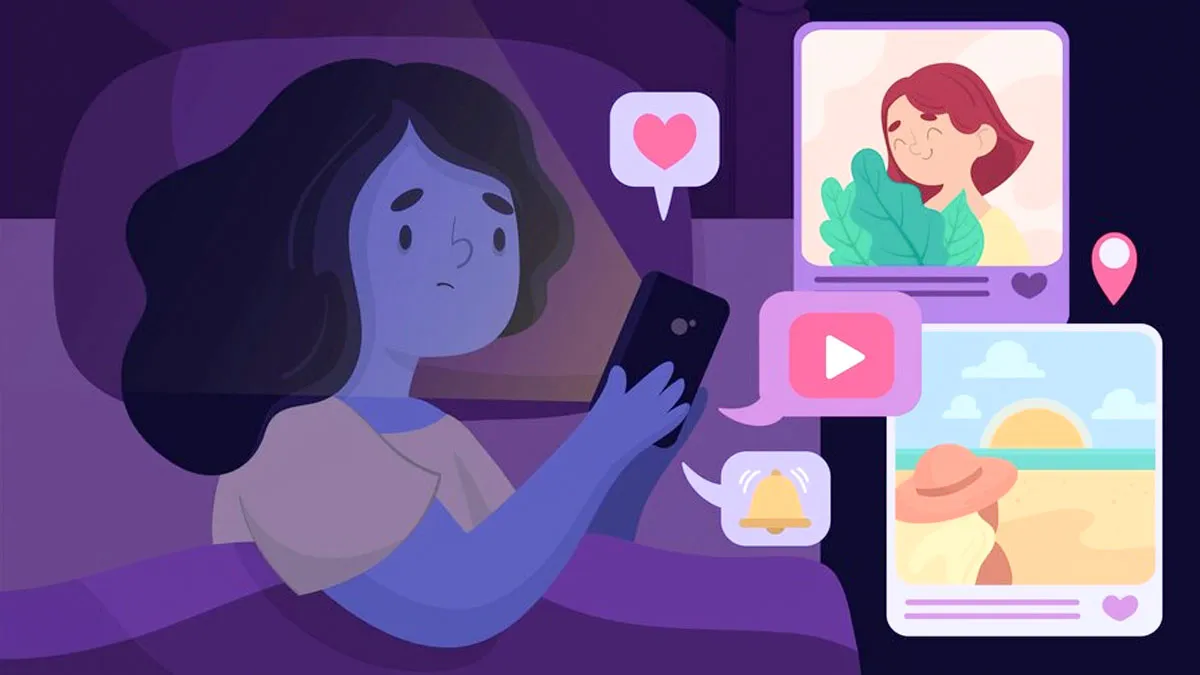
In today’s digital age, social media is dominating the world. While it’s a boon in most aspects, its cons are detrimental. Amongst several other social media aspects, short videos capture the attention of millions, becoming a medium for quick consumption. Often ranging between 15 seconds to a few minutes, TikTok, Instagram Reels and YouTube shorts use different algorithms to increase engagement, creating a never-ending stream of entertainment. While it’s engaging, it is addictive and keeps the users sticking to their phones for hours. A recent study reveals that late-night scrolling of short videos is linked to rising hypertension in young adults. This research had 4318 Chinese participants who were primarily young and middle-aged adults. We spoke to Dr Shreedhar Deshmukh, MD Physician, Ruby Hall Clinic, Hinjawadi and Dr Manish Mittal, consultant physician at Bhailal Amin General Hospital, Vadodara to understand more about this.
Here are the impacts of late-night scrolling:
Dr Shreedhar said, “Excessive screen time, especially late at night, can disrupt sleep patterns, leading to insufficient or poor-quality sleep which has been associated with an increased risk of hypertension.”
He highlighted that the blue light emitted by screens can also suppress melatonin production, making it harder for individuals to fall asleep and increasing stress levels. Chronic sleep deprivation is associated with increased sympathetic nervous activity, which can lead to sustained high blood pressure levels over time.
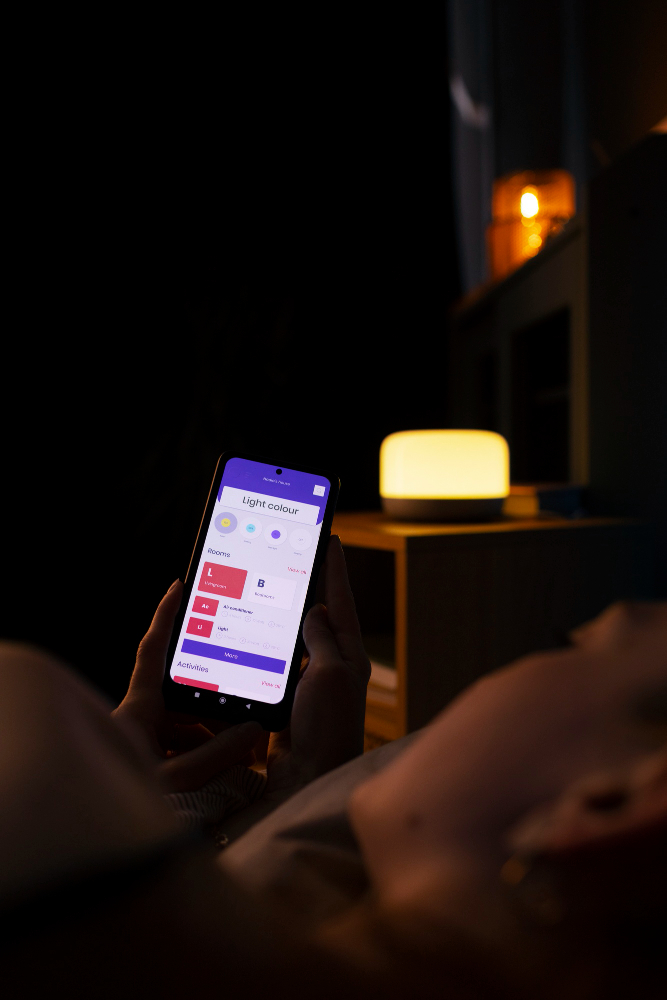
Short video formats, often seen in apps like TikTok, Instagram Reels, or YouTube Shorts, can present an overwhelming amount of rapid, emotional, or stress-inducing content. When the brain remains in a heightened state of alertness, the body’s stress response system (like the sympathetic nervous system) can be activated, leading to elevated heart rate and blood pressure.
The time consumed in late-night scrolling replaces the physical activity adding to a sedentary lifestyle which further leads to obesity which is one of the risk factors for hypertension. Snacking or consuming unhealthy food and drinks that are high in sodium or caffeine, can also contribute to rising hypertension.
Dr Shreedhar also highlighted that constant exposure to idealised lifestyles and comparison culture (Social Media Pressure) can lead to feelings of inadequacy, increased stress, and mental health struggles, all of which are potential factors that could influence blood pressure levels. The constant need to keep up with others, fear of missing out (FOMO), or negative interactions online can lead to chronic stress, which is a known risk factor for hypertension. When the body experiences stress, it releases cortisol, a hormone that can cause blood vessels to constrict, leading to higher blood pressure. Over time, chronic stress and elevated cortisol levels can lead to sustained hypertension.
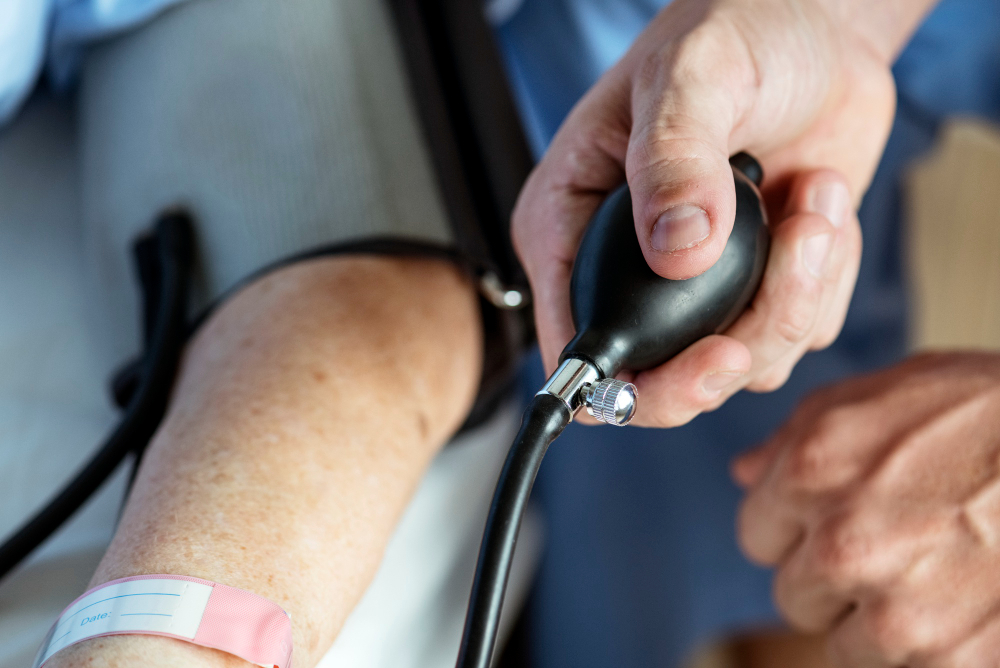
Don't Miss: Here Is Why Every Celebrity Says Doing Some Physical Activity Is A Must
Here are the habits you can practice to reduce hypertension:
Dr Shreedhar recommends limiting late-night usage, setting time limits for social media, and using screen-free zones.
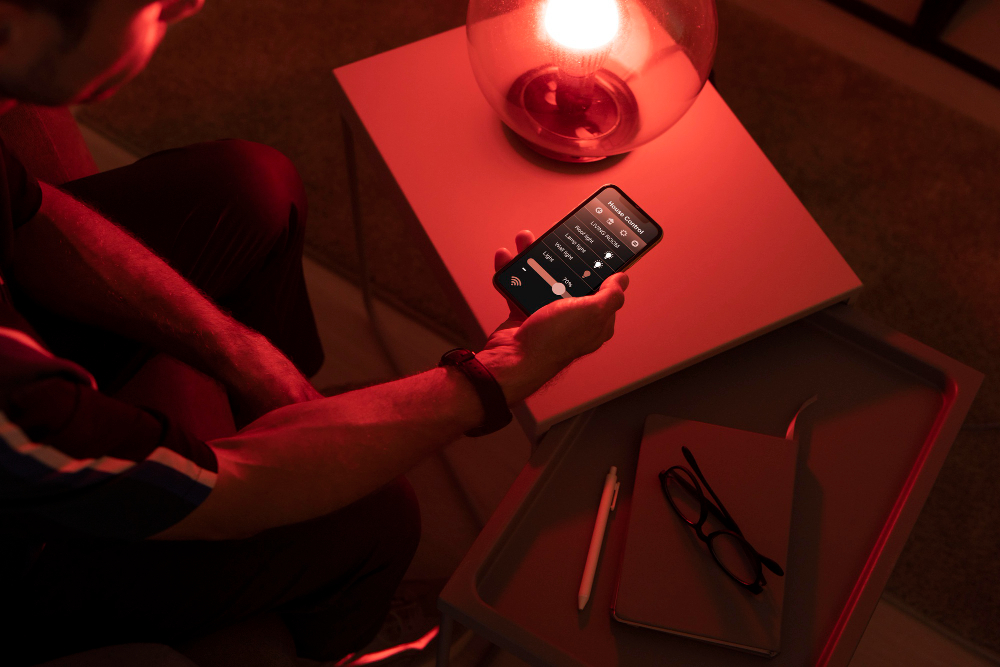
According to Dr Shreedhar, mindfulness meditation has been shown to reduce stress and lower blood pressure. Deep breathing exercises, such as diaphragmatic breathing or box breathing, can activate the parasympathetic nervous system, helping to lower heart rate and blood pressure.
Avoid consuming caffeine or alcohol late in the day, as these can disrupt your sleep cycle and raise blood pressure. Try to keep caffeine consumption to the morning hours, and limit alcohol in the evening.
Physical activity is one of the most effective ways to lower blood pressure. Aim for at least 30 minutes of moderate aerobic activity (such as walking, cycling, or swimming) most days of the week.
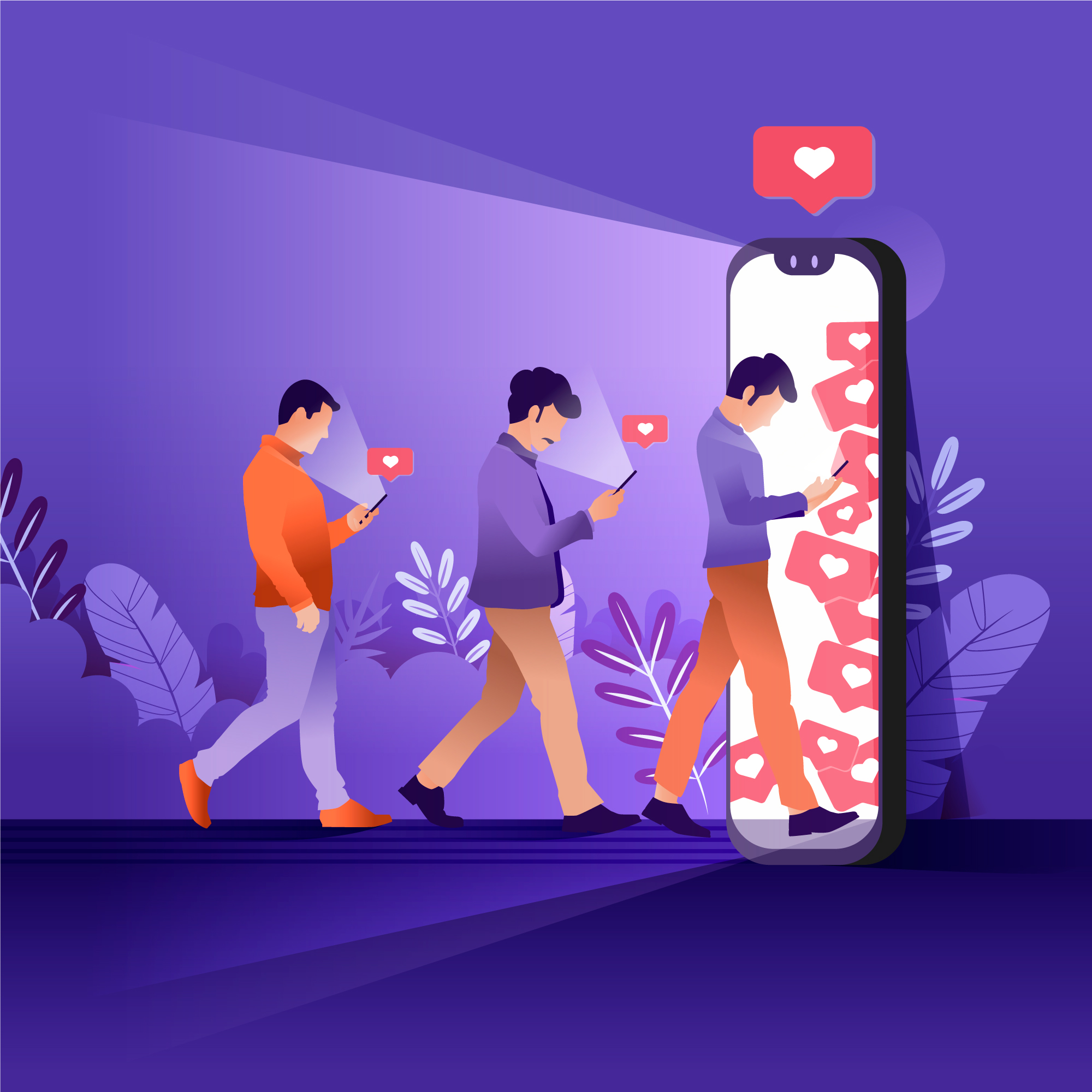
Don't Miss: Suffering From A Sedentary Lifestyle? 5 Ways To Avoid Becoming A Couch Potato
Follow these practices and ensure to use social media mindfully.
Image Courtesy: Freepik
Also watch this video
Herzindagi video
Our aim is to provide accurate, safe and expert verified information through our articles and social media handles. The remedies, advice and tips mentioned here are for general information only. Please consult your expert before trying any kind of health, beauty, life hacks or astrology related tips. For any feedback or complaint, contact us at [email protected].